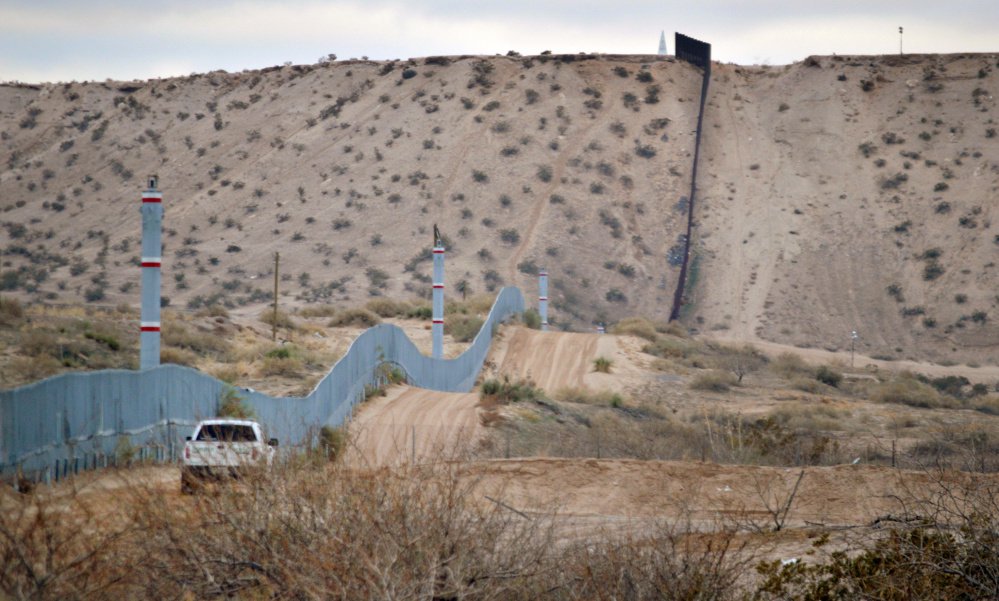You probably aren’t aware, but you live in a border town. Yes, you in Newport, and you in Gorham. Yes, you in Augusta.
In fact, according to the U.S. Border Patrol, all Mainers live along the border, Windham just as much as Calais and Jackman. Almost all of the rest of New England, too.
That’s because decades ago Border Patrol was given jurisdiction within 100 miles of any border or water boundary, an area that includes two-thirds of the country’s population.
For an agency with a record of poor oversight and a knack for overstepping its already broad powers, that is too large. At a time when the federal government has lost much of its sense on immigration enforcement, a change is desperately needed.
The 100-mile zone allows border agents to cast a wide dragnet along the southern border using permanent checkpoints and roving patrols, and the results have not been good.
Agents are supposed to have reasonable suspicion of a suspect’s “illegal alienage” before they conduct vehicle stops — and probable cause before searches.
However, investigations by the ACLU and others have found that a lack of critical oversight and a cavalier attitude toward the Fourth Amendment have led to many abuses, from everyday harassment to clear violations of protections from illegal stops, searches, and detainment — of citizens and noncitizens alike. Complaints are rarely investigated — or even tracked and analyzed for patterns to suss out problem agents. Discipline is even more rare.
There are indications now that Border Patrol is increasing its presence in New England.
Early this year, two Mexican nationals were stopped near the farm where they worked and lived while on the way back from an event protesting for migrant worker rights. The Border Patrol won’t say why their car, with Vermont plates and absent any traffic violations, was pulled over, though one agent told Vermont Public Radio that they can tell when someone doesn’t “fit in,” seemingly a use of racial profiling.
In August, Border Patrol detained 25 undocumented immigrants at a roadblock in New Hampshire nearly 100 miles from the border. Hardly career criminals, the list included two 11th-graders and a seventh-grader from a Massachusets charter school.
The roadblock, which stopped hundreds of vehicles, also resulted in 32 addition arrests with no connection to immigration.
These efforts show how the wide latitude given to Border Patrol can be used to target minorities, or as a way around the constitutional protections from illegal stops and searches, all under the pretense of border enforcement, even if you are nowhere near the border.
This shotgun-style approach to border enforcement, with American citizens caught in the crossfire, was hardly considered when the 100-mile zone was established, with little debate, in 1953 — at the time, there were about 1,000 border agents.
Now there are more than 20,000, and Border Patrol, along with Immigration and Customs Enforcement, has been given a new mandate by the Trump administration to target undocumented immigrants of all kinds, not just the violent criminals previously prioritized for deportation.
So now we have the country’s largest police force, one with insufficient oversight and a poor record of using its significant powers, unleashed on a vulnerable population, with American citizens caught up as collateral damage.
Congress should finally hold a review on the 100-mile zone and its effects far inland. Certainly, courts have recognized the right for expanded police powers near the border. But even those expanded powers have their limit, and it’s time to rein them in.
Send questions/comments to the editors.



Comments are no longer available on this story